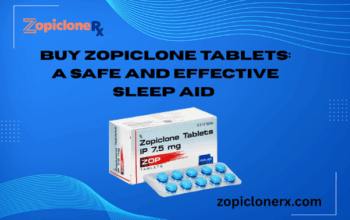Dashing through the rain-soaked streets of Chicago, you feel a blur clouding your sight. It’s not the raindrops on your glasses, it’s something else. Diabetes has been your silent companion for years, but now it’s playing tricks on your vision. You need help. But who do you turn to? An optometrist or an ophthalmologist? The confusion is as cloudy as your vision. In this blog post, we’ll clear the fog away. We’ll dive into the world of chicago diabetic eye care, spotlight the difference between an optometrist and an ophthalmologist, and guide you to the right professional for your visual needs. Stay with me, it’s time to see the difference.
Optometrist or Ophthalmologist?
Imagine you’re at a crossroads. The sign on the left says “Optometrist,” the one on the right, “Ophthalmologist.” Which path do you take?
The optometrist is a healthcare professional. They can evaluate your vision, prescribe glasses or contact lenses, and diagnose eye diseases. They provide the primary eye care you need.
On the other hand, an ophthalmologist is a medical doctor. They do everything an optometrist can and more. They treat eye diseases, perform eye surgeries, and even manage post-operative care. If you have serious eye problems, you might need their expertise.
Understanding Your Needs
Deciding who to see depends on your needs. If your vision is blurry because you need new glasses, an optometrist can help. If diabetes is cheating your sight, you might need an ophthalmologist. Diabetes can lead to serious conditions like diabetic retinopathy. An ophthalmologist specializes in treating these conditions.
Chicago Diabetic Eye Care
Chicago is home to a wealth of eye care professionals. Whether you need an optometrist or an ophthalmologist, you’ll find them here. For those grappling with diabetic eye diseases, several clinics offer specialized diabetic eye care. They understand how diabetes affects your eyes. They’re well equipped to help manage your condition and maintain your vision.
Making the Right Choice
Choosing the right eye care professional is a personal decision. It depends on your visual needs, health concerns, and comfort level. The most important thing is receiving the care that you need. Your vision is priceless. You want to trust it in capable hands.
So, as you navigate the rain-soaked streets of Chicago, remember this: whether you choose an optometrist or an ophthalmologist, you’re taking steps to protect your vision. And that means you’re on the right path.




